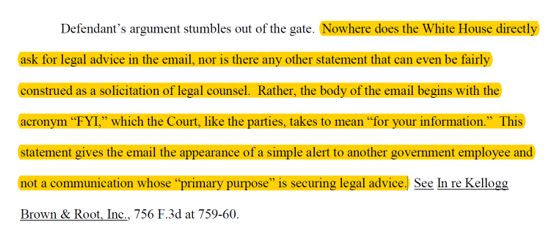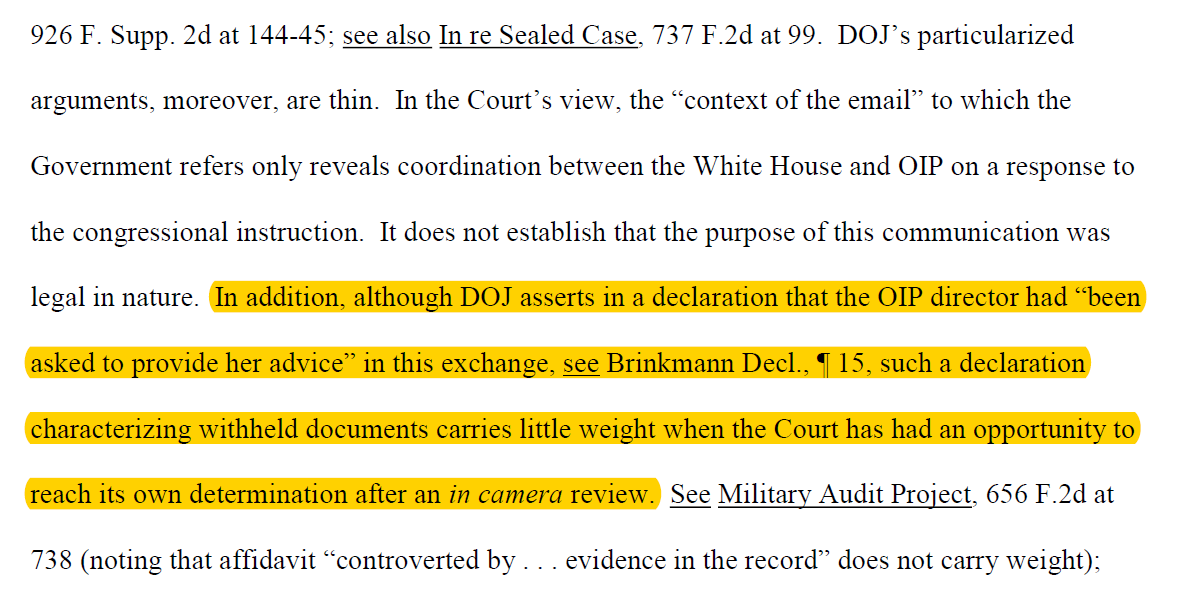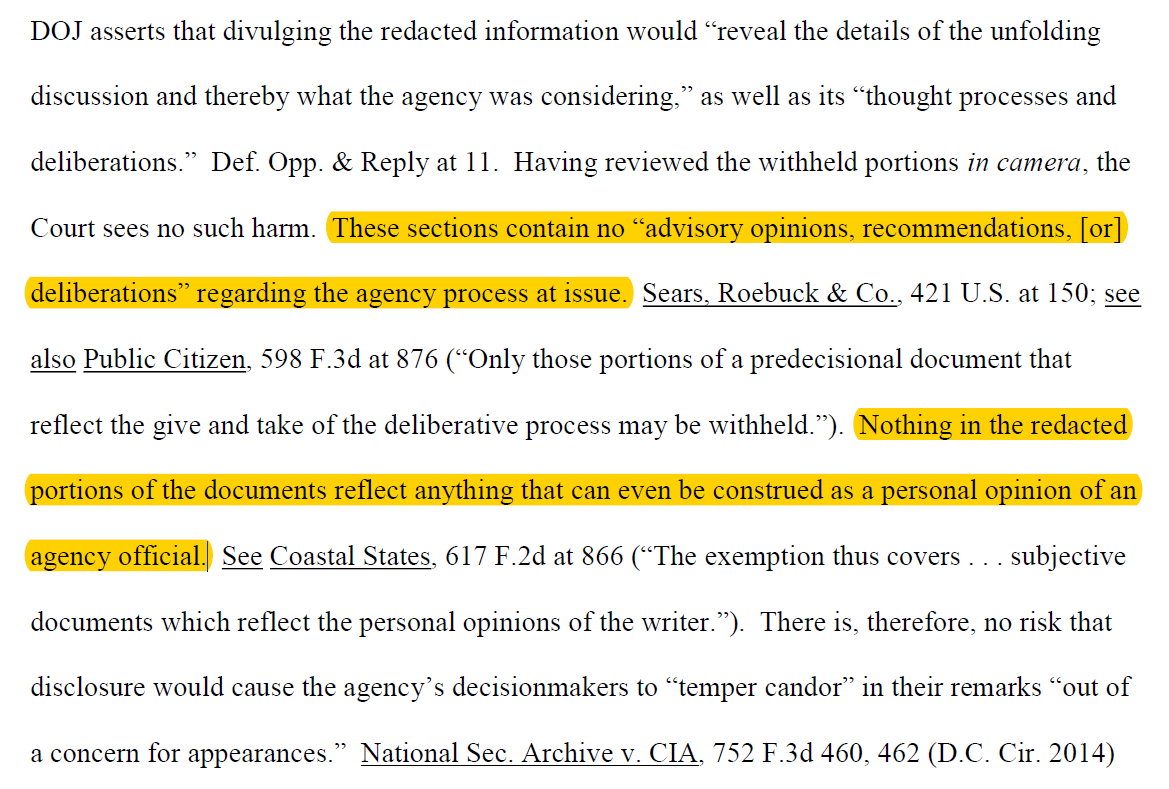WASHINGTON D.C. In a major victory, Cause of Action Institute (CoA Institute) today, celebrated the decision by a federal district court to dismiss, with prejudice, all claims against Dennis Cupo in an ongoing case, FTC v. Vylah Tec LLC. The Federal Trade Commission moved to dismiss Mr. Cupo from the case after the U.S. District Court Middle District of Florida ruled the FTC had failed to produce any evidence linking him to any alleged wrongdoing and denied the FTC’s motion to re-freeze his assets.
“We applaud today’s decision to dismiss Mr. Dennis Cupo from this case so he can rebuild his life after being unfairly targeted by the government,” said John Vecchione, president and CEO of Cause of Action Institute. “While we celebrate today’s dismissal, the FTC is still casting overbroad nets to freeze the assets of Americans and illustrates the urgent need to reform the agency from the top down.”
After obtaining a secret court order, Vylah Tec, a family-run tech support company owned by Dennis’ brother Robert Cupo, was targeted by the Federal Trade Commission as part of “Operation Tech Trap” because it bore a superficial resemblance to other companies with illegitimate practices. Failing to take into account Vylah Tec’s substantial well-regarded services, the Government sought to shut the company down, depriving thousands of customers of pre-paid technical support services. The FTC aggravated that overreach by implicating Dennis Cupo, for whom the FTC failed to establish any meaningful relationship to the business. Despite this, it took a year of litigation and a court order to motivate the Federal Trade Commission to finally dismiss an innocent bystander from the case.
The case highlights much-needed reform in the FTC due to its aggressive, overbearing, and unfair enforcement process. Cause of Action Institute recently filed more than 15 pages of recommended changes that can read here.
About Cause of Action Institute
Cause of Action Institute is a 501(c)(3) non-profit working to enhance individual and economic liberty by limiting the power of the administrative state to make decisions that are contrary to freedom and prosperity by advocating for a transparent and accountable government free from abuse.




